6. The firm non-secret to being enough
Description
If you’re even just mildly curious about the truth behind how some of the best outdoor filmmakers create a documentary, a jungle andventure and survival show—this episode is for you.
Some, like philosopher Carl Jung, believe that:
“The creation of something new is not accomplished by the intellect … But by the play instinct acting from inner necessity. The creative mind plays with the objects it loves.”
Jung might be on to something.
Even when we’re not working, and we’re watching our favorite show, we’re benefiting from this play instinct. The final result of this play instinct is often: Art. Wherein,
“Art is the elimination of the unnecessary.”
- (Pablo Picasso)
Creating something meaningful, whether it’s writing, acts of service, or films, falls into this act of active play. Especially if you live in the US and filmaking is a present-day necessity.
The question is, how do the best outdoor filmmakers create, emulate, imagine, and even record real-life jungle survival scenarios? What about when everyone involved is used to living in modern settings all across the US and worldwide?
Would the camera crew, the equipment, the weather conditions on location—all increase the risks of harm from the elements? When does jungle survival filming actually become a survival situation? And how do the best outdoor filmmakers cope with this … yet still create something beautiful?
Hazen Audel, a biologist, wilderness expert, teacher, artist, adventurer, and presenter of National Geographic’s Primal Survivor on Disney+ — talks about his time with some of the best outdoor and jungle survival filmmakers.
Listen to this episode if you’re curious to find out about the pros and cons, the good and the bad, what’s real and what’s not, behind the scenes truths about how the best outdoor filmmakers make things possible, how they survive what they create, and how you can do the same.
—
In case you’re out and about without WiFi later, download this episode now.
Music: Silhouettes by Tobias Voigt (License code: 8IDBGGC5WXLDYLAU)
Previously:
Inside a lone hunter's brain: From asking an unpopular question to being on National Geographic.
In this episode:
Creating something meaningful vs. fulfilling what’s required of us.
US network television, survival shows, and the superhero image.
Overcoming unknown factors: Snake handling.
The age-old respect for the overlooked: a 10-year project.
Handcrafting an un-cheap world one brick at a time.
The 1890s object that taught one man how to build a house from scratch.
Uncharted places on earth: a bucket-list problem.
Gaining momentum with our craft without losing ourselves.
Episode 6 TRANSCRIPT
Creating meaningful art vs. fulfilling what’s required: US network television, survival shows, and the superhero image
THALIA
There's a fascination, particularly with survivor shows and the curiosity, if you will, about whether things are real or unreal, right?
I think maybe that goes back to what you were saying. We've been so far away from nature. We've been so apart from it that maybe when danger actually does present itself, or real plans and real animals are in front of us, for people were watching or listening, they don't believe that it's real, you know, and they go, Oh, maybe that’s staged, or maybe that's, you know, all of these things. I don't know, what do you think about that?
HAZEN
Well, I try to be pretty candid and honest about it. I'm making a television show. And all I can do is to show it to the best of my abilities of what I've experienced, and make it as real as possible. But you know, it's still a job. And like I said, somebody's paying for this show to get made, whether it's Discovery Channel, whether it's in so they have to get what they paid for.
Yeah, when each one of these episodes that I get to do, bash, and we've made 80 some episodes now. So I've been able to invest a month or two in all of these different places around the world, 80 or 90 times. You know, it's pretty awesome. But with each episode. We get about 16 to 17 hours of footage of just my experience. And it's whittled down to 44 minutes.
Those episodes, because you have to have time for commercials and everything else that pays for the full thing. Um, so they're pulling out the very best parts and making it. This is an exciting adventure show. And I do love it. It's great but so much of it has to fit a format, has to fit a feeling.
And it's kind of, it's upsetting, you know, if I could, if I could have the magic wand every single show would be so incredibly different, because we're going to go to incredibly different places all around the world. Some places are nice and mellow and really sedate. Some people, some places are just in your face action fonts, but the ratings get the place. That's … no show made a great rating where you're just kind of sitting there peacefully in a chair and big enough potatoes. You know, it's just. Yeah, never won any awards for that, or, you know, you don't get recommissioned, right?
So for people to get a little bit of a glimpse of what these people's lives are like, you gotta make a television show. I am. My show is pretty unique because. Think that we have the top caliber professionals donning. I mean, if you look at it, it's very proud, artistically, and cinematographically. It’s incredibly well shot. Very beautiful. And has all the … This is the best show out there.
I don't want to say that it's a survival show though. It's just a unique show, and it's an adventure, and it's an exploration. It's got lots of great animals, hopefully, and it's got a lot of things that I love to be with and love to talk about.
But there are. Other survival shows may try to categorize this show as a survival show, where. You know, there's some other stick to it. You know, you've got to be naked, or you've got to be tied together, or you have to just continually be suffering, or you have to be alone.
No, and, and there are some, there were some. And I think that makes for good television. But they don't want to chance that. And so that stuff never makes the cut.
So that makes it look like I'm a superhero. And I don't, I want everybody to recognize that these things that I learn are not a superpower. Like I said, all in our DNA, we all have the ability to learn this stuff and be familiar with it and do it. It's just A, you just practice and get yourself familiar with it.
And well, anyhow, yes, the show has a lot of action, but there's a lot of elements about these travels that I get to do that, well, I get to have a podcast with you and talk about these other parts about it that are really important to me. And maybe, hopefully, there will be a network out there or something that will allow me to have this sort of television show and that really shows much more of my experience.
THALIA
Yeah, well, and so much is changing, I think, in that medium anyway. You know, like when national, I mean, you've been doing national geographic for a long time, and that was in the kind of TV format. And now that it's streaming, it's kind of a different audience, slightly, right? And so much is changing. Which is, it's good and bad, you know, we’ll call it what it is.
But I think to the point of people trying to kind of see whether or people saying, oh, that's real and that's not real. I mean, that's such a generous gift. What you're doing and what your crew and staff are doing. It's a lot of work. And not just the 16 hours of footage. It's all of the months of preparation and all of that. So I think, you know, it's …
And we're entertained by it. We're interested. And we're learning, you know. So I think as long as that goal is achieved, and it kind of touches us in on a human level, you know, it's really, it doesn't have to fit into certain category, I don't think it can just be on its own and have its own merits, which I think is really fantastic.
HAZEN
Yeah, I think, I think, to make a television show, you're making art. And is art real? When I am out there and we are filming, I’m so much on my own. I'm in my own world. I'm still the same kid that I was in grade school, where they are all resting, and I'm out with a flashlight or something, or or in the muck all night long, looking for, I just can't stop, like, that's what I love to do. And I see things that I want the world to see. So a lot of times I'll catch snakes or something. And the camera people are miles away, and they're sleeping, and they're exhausted.
Overcoming unknown factors: Snake handling
HAZEN
And so if there's anything, a lot of times I recognize that I have a snake. I wanna show it off. And so the cameraman wasn't there. So that's the one thing about these things are like, sometimes I'll see a snake in. You gotta make sure that the camera sees it, or it's just not. It's like the tree. If the tree falls in the forest, does it really fall? It takes me and catches a snake, and nobody sees the snake. Is the snake even in this world?
THALIA
And it's, it's kind of true for written, written work as well. And to your point, these stories and things that these artisans that you encountered have done, if it isn't documented in one form or another, that stand for just art.
HAZEN
Fortunately, we're in such wild places that nature is usually right under our feet while we are filming.


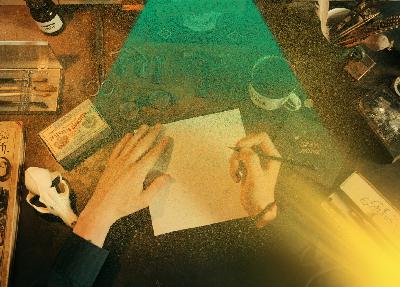
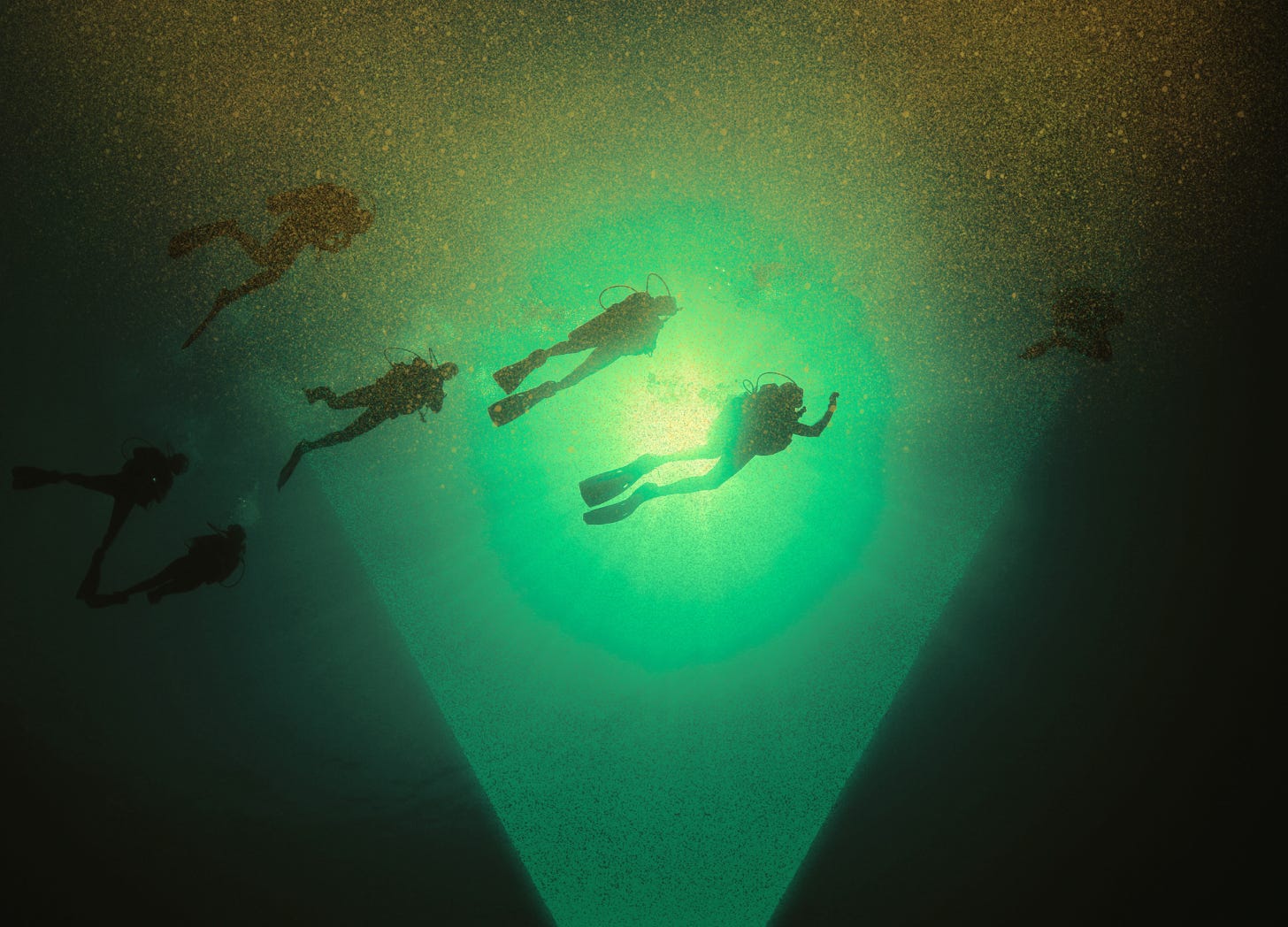
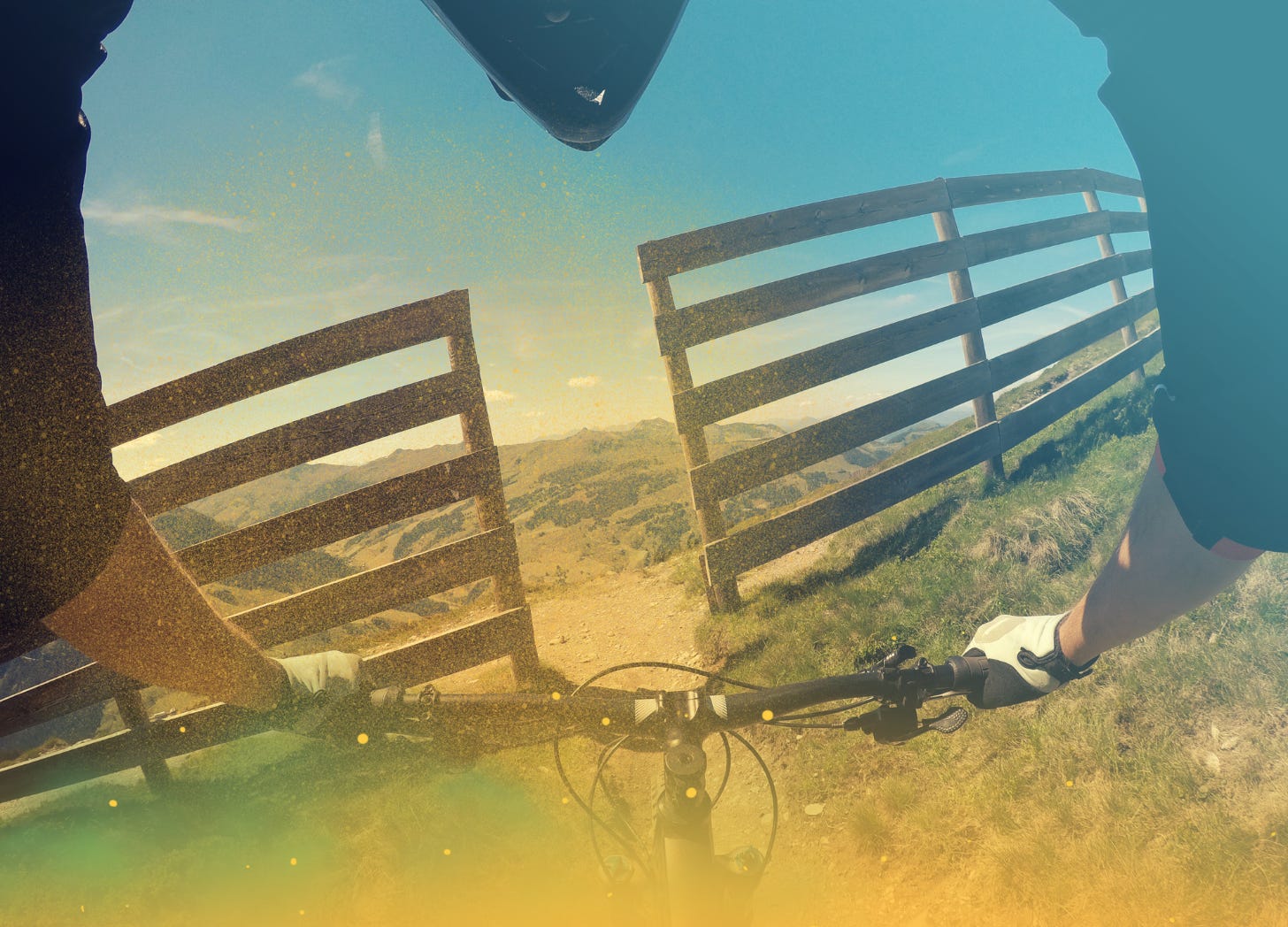
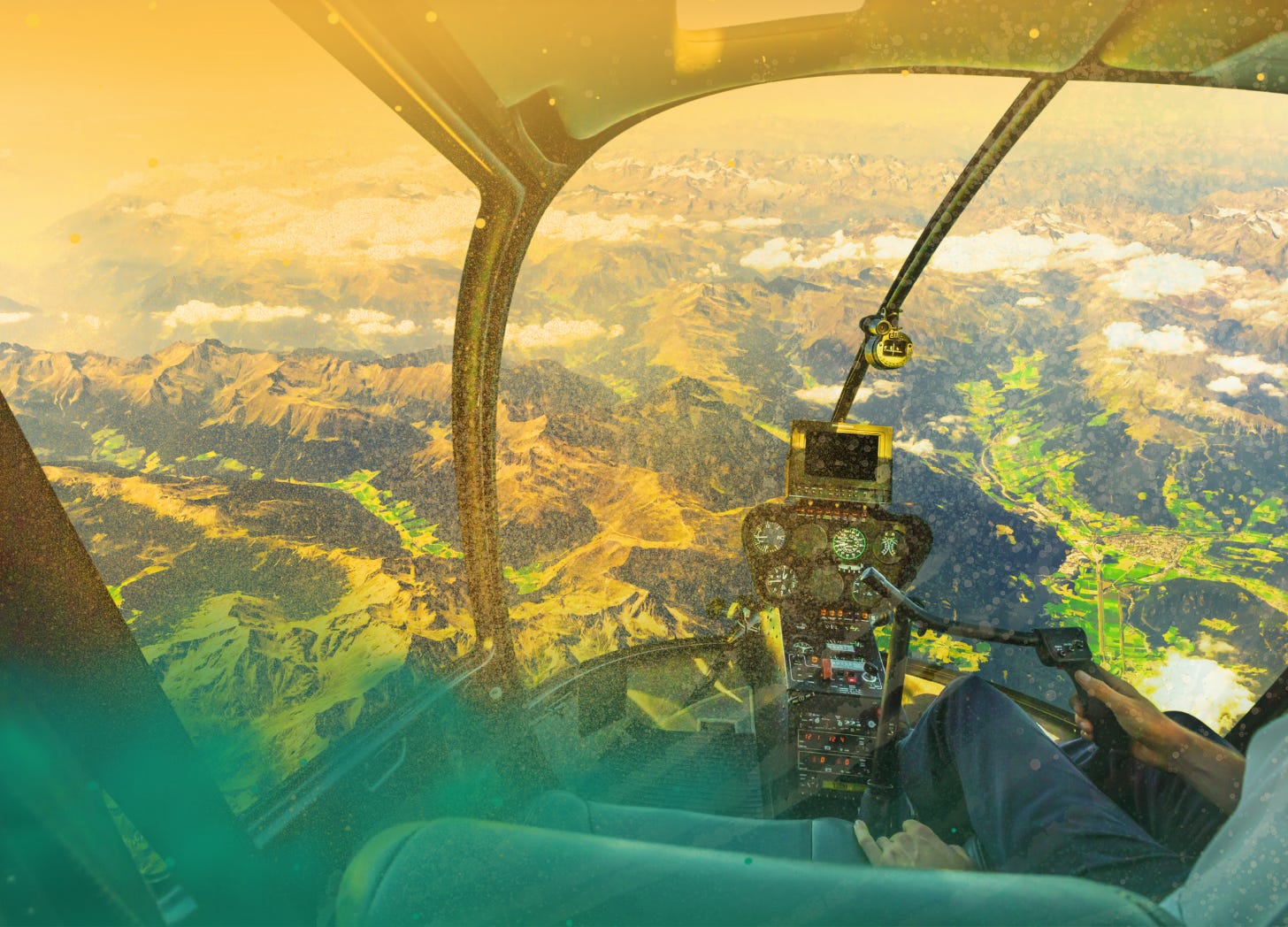
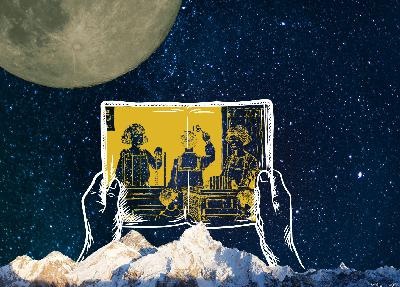
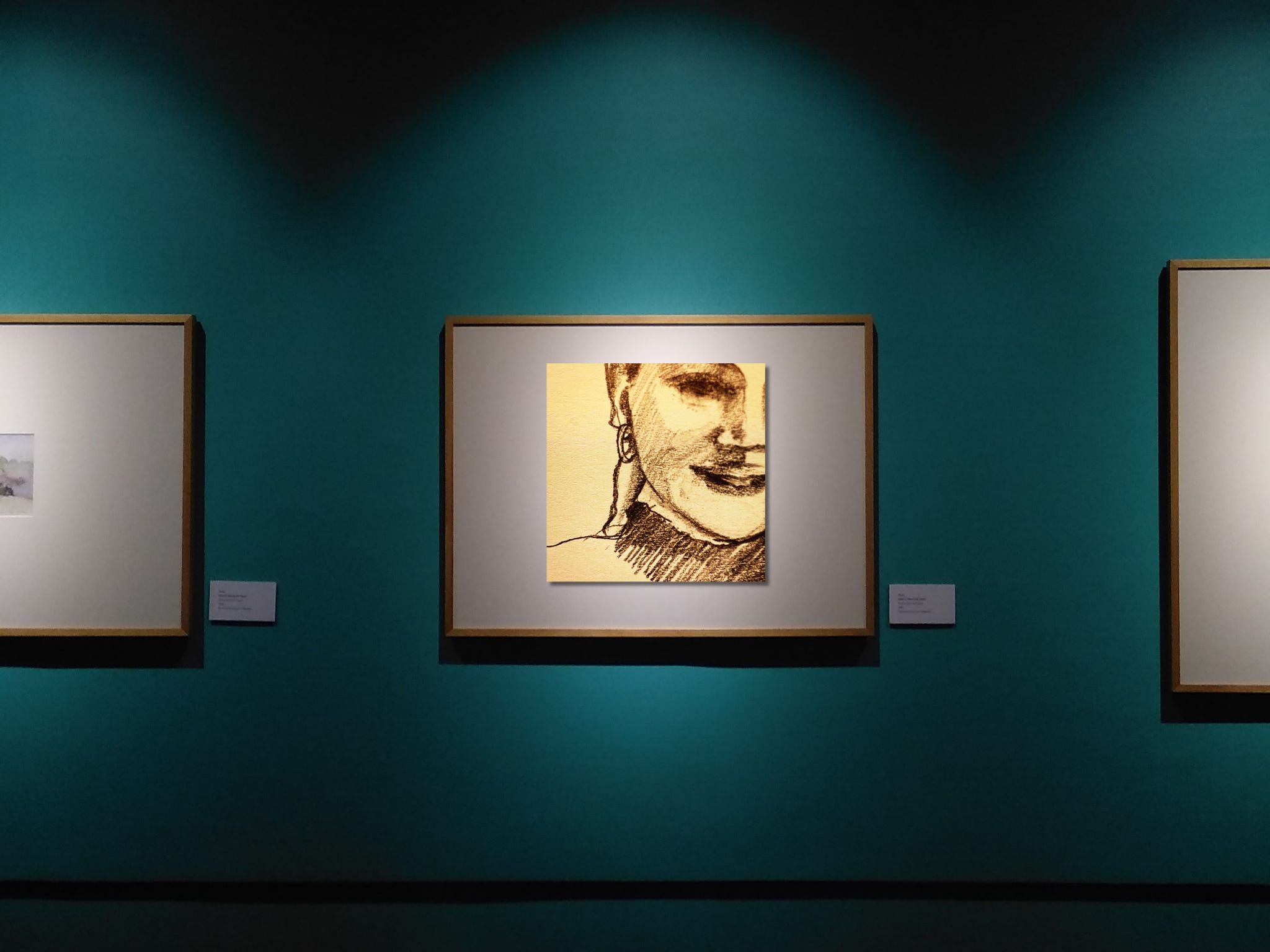
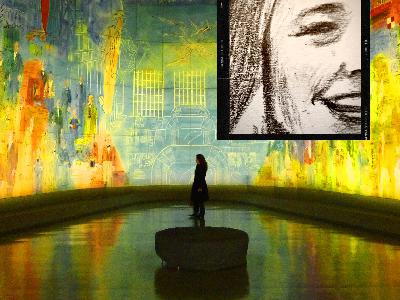
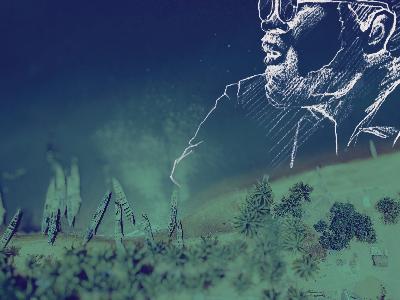
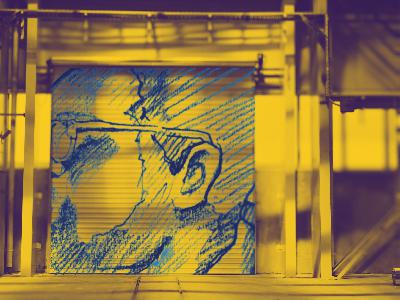
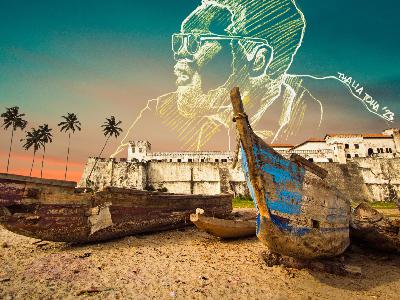
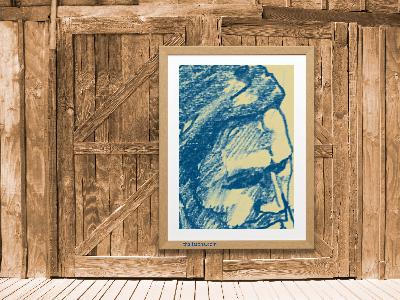
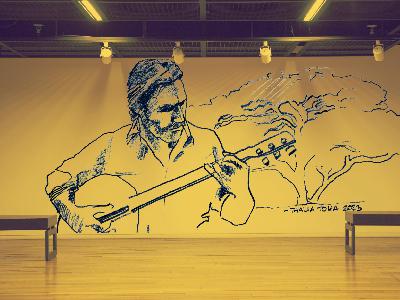
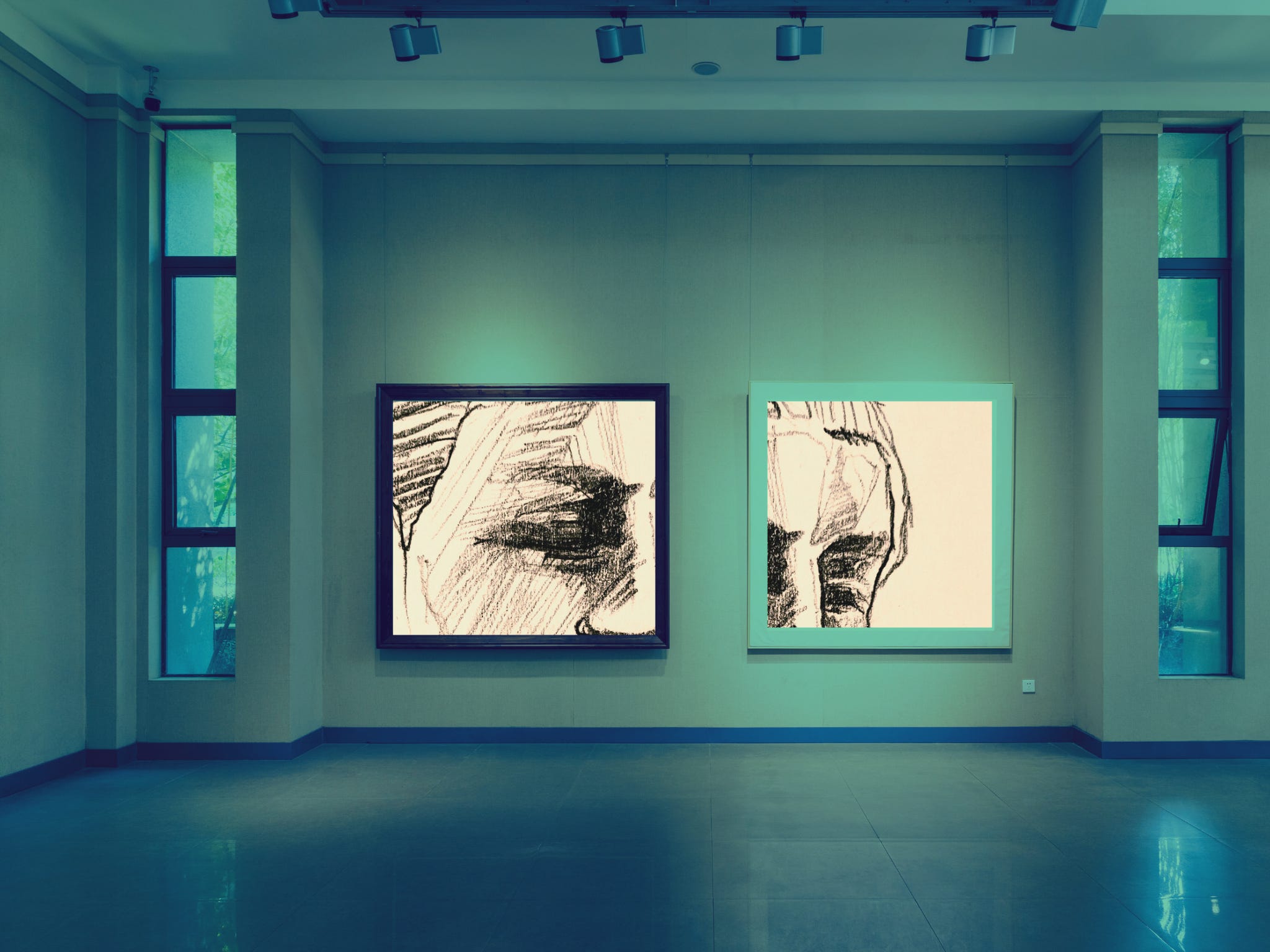
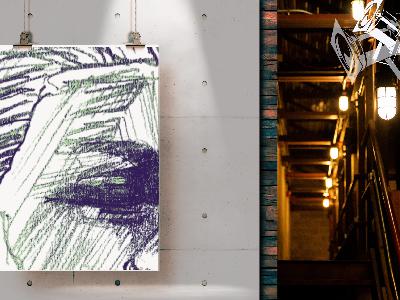
![1. Why we want to do everything at once [An Internal Logic] 1. Why we want to do everything at once [An Internal Logic]](https://substackcdn.com/feed/podcast/1909227/post/138192032/ed23403f2ddb56ee3e75c8377474e6fe.jpg)



